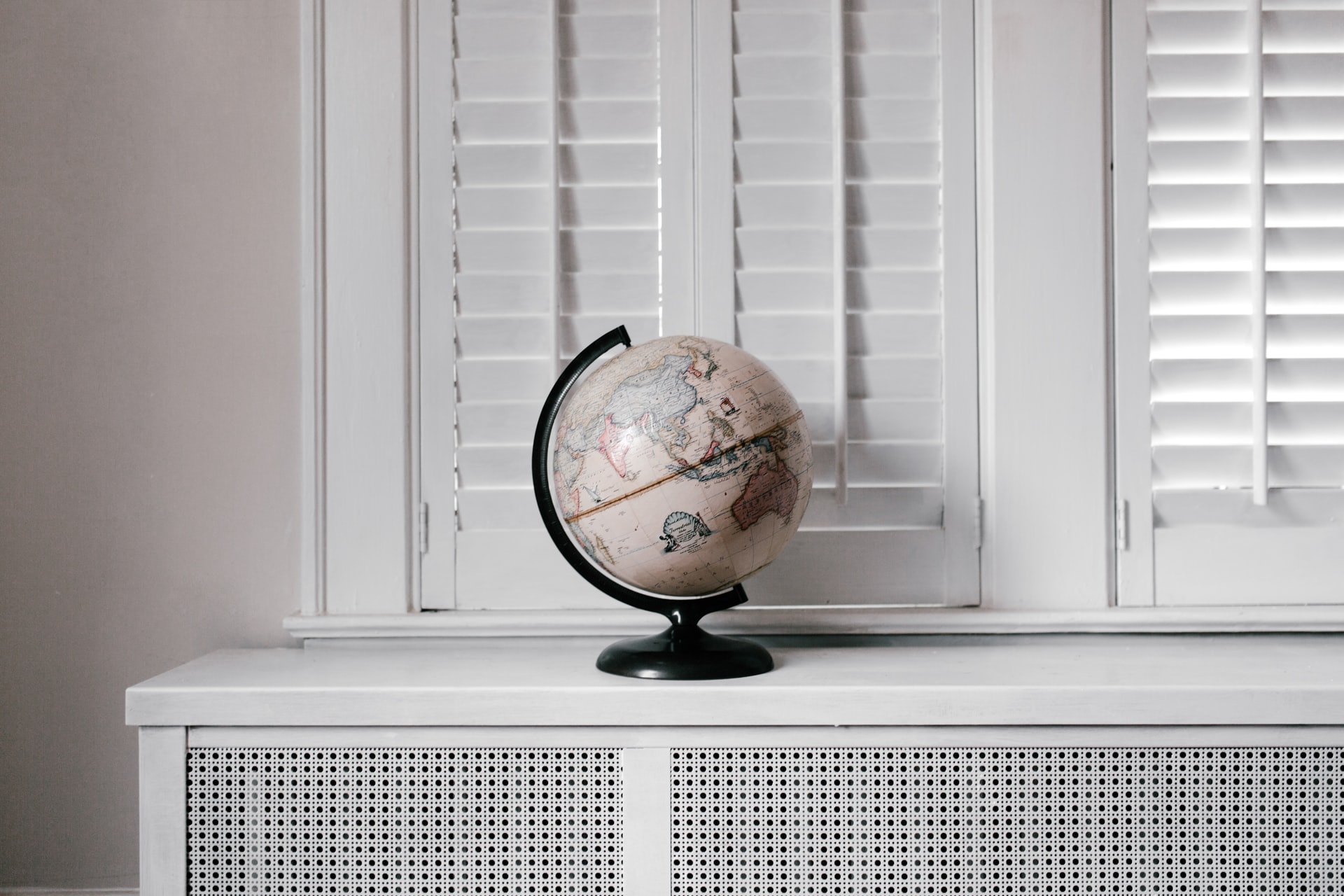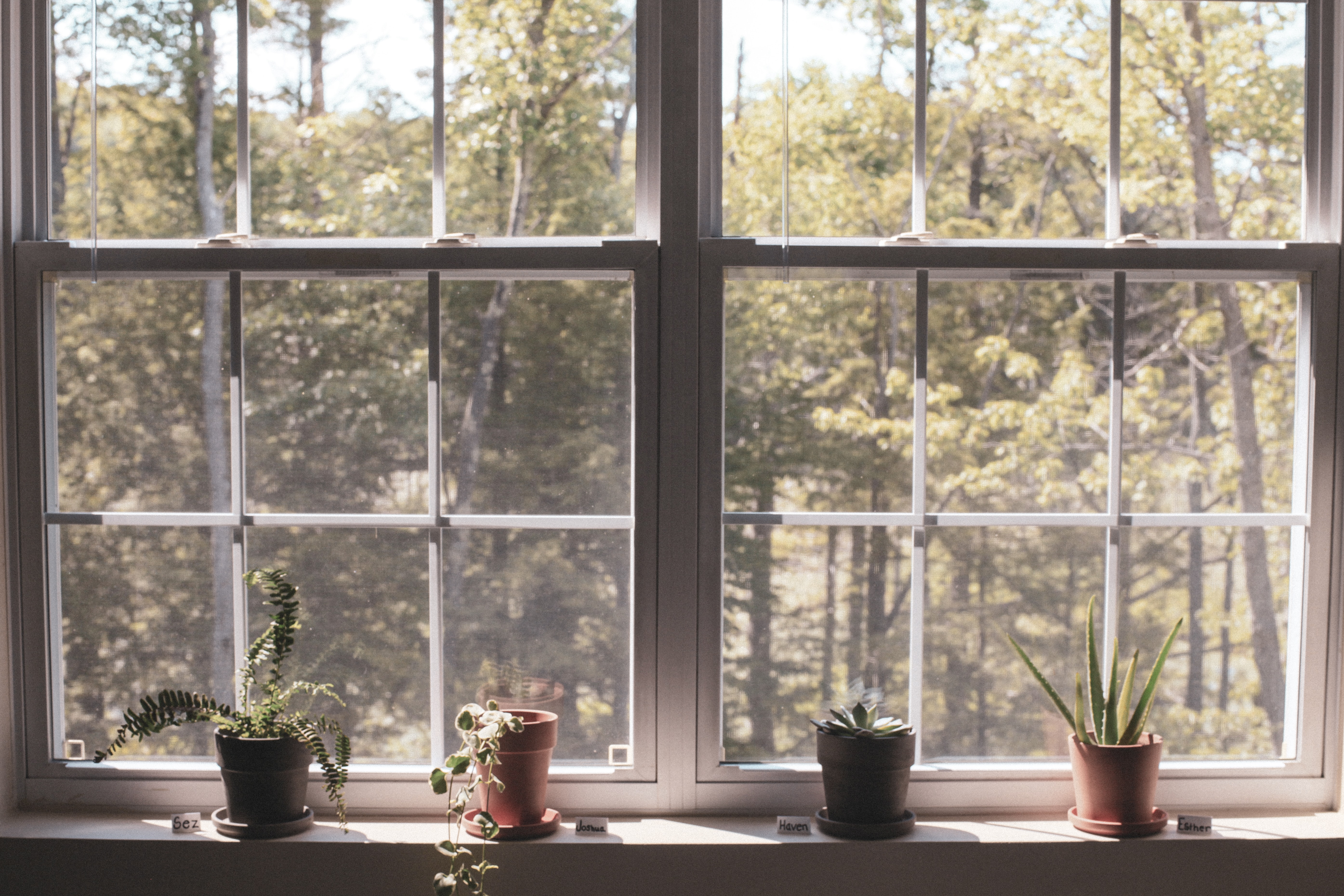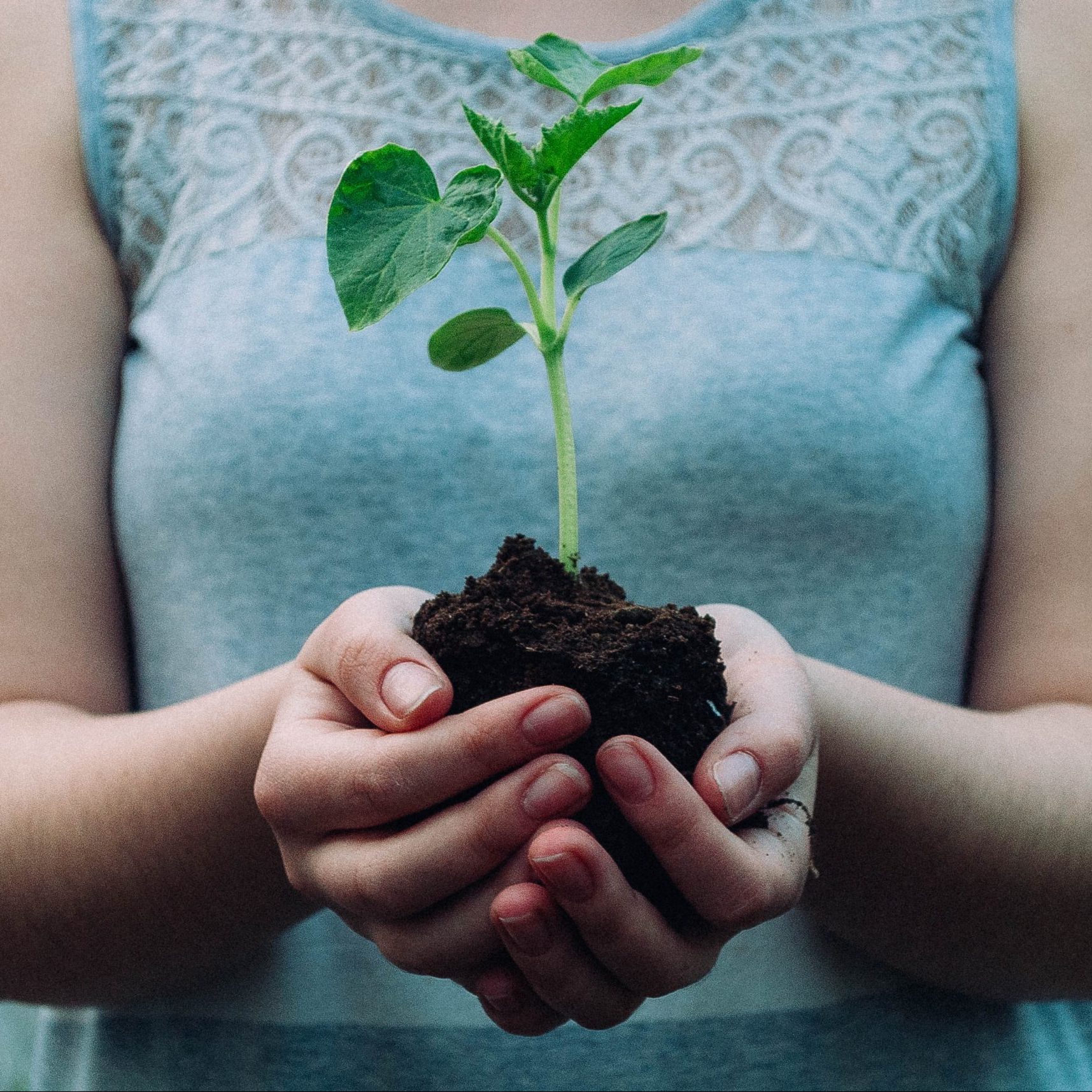“It’s empowering, to know our own bodies”
We’ve teamed up with Hannah (@sustainable.period), a coordinator for The Red Box Project and Environmenstrual Ambassador for the Women’s Environmental Network, to talk all things Aunty Flo
More than 800 million. That’s how many active users TikTok has.
It’s also the number of people who are menstruating on any given day.
Imagine that for a second. The number of people on TikTok– that gargantuan internet republic– is the same as the number of people who are shedding and discharging their uterine lining (along with, on average, 30-40ml of blood) every single day.
Let’s go even bigger. The global sex ratio at birth is around 48.8% female (FYI, population statistics on sex and gender are pretty complicated; for a preliminary explanation, have a read here). Even at a conservative estimate, we’re still talking around 3 billion people who will have to deal with Shark Week for around half of their life (on average).
Over this weekend, we want to make a point about the level of comfort we should have– the ownership we should feel– with regards to our bodies. Especially when it comes to the red menace, and the products we use to manage it. We’re deeply concerned about the impact our periods have on the environment, and about making sure everyone who menstruates has the right to access sanitary products in a safe, low-cost (ideally no-cost) way. Basically, we want to throw out the cultural stigma surrounding menstruation, period poverty, and spread the message about how we can all surf the crimson wave in a more environmentally-conscious way.
Hannah, a coordinator for The Red Box Project, Environmenstrual Ambassador for the Women’s Environmental Network, and the vagenius behind @sustainable.period, has exactly the same goals. Aiming to show people the advantages of going sustainable when you’ve got Communists in the kitchen, Hannah brings new brands and resources to the attention of her followers– helping people make informed decisions about their monthly blood festival.
So Hannah, what’s your experience of these kinds of products, and why is this so important to you?
I switched to reusable period products around four/five years ago, and they have literally been a life-changer! They are much more convenient for me. I feel like so many people I speak to have no idea what a menstrual cup is, let alone cloth pads or period pants, so this gave me an idea. We have posters in the toilet cubicles at work which state ‘do not flush sanitary products’. This sparked an idea with me, so I contacted the relevant department and helped to design new posters– which included facts about flushing period products, and the damage it can do to our environment, as well as information about period pants, cloth pads, and menstrual cups!
I didn’t know anyone who used a menstrual cup, so I had to do tons of research to try and discover which cup would be best for me. This made me realise– if I found it difficult to make a decision based on the overwhelming amount of information there is out there, other people probably feel the same, and some are probably even put off trying reusables, due to this!

These products have to end up somewhere. If they aren’t being flushed and causing blockages, when these products go into the sanitary bins in toilet cubicles, they’ll usually go into landfill and can take hundreds of years to break down– and very few places are starting to convert this waste into refuse-derived fuel. A lot of items that are flushed down the toilets end up in the sea, this is why it is so important not to flush wipes, pads, tampons, cotton buds, or anything else that should go into the bin! It also costs a lot of energy to create these products and their packaging, which in turn affects our environment.

When buying disposable tampons and pads I would encourage you to look at the ingredients and do your research on the company. Just because the box says ‘organic cotton’, it doesn’t mean the wrapper or applicator is plastic-free.

And it isn’t just tampons which contain plastic– one packet of pads can contain as much plastic as 5 carrier bags, and up to 90% of the pad can be plastic. Pads also sometimes have fragrance. Why? Sometimes it can be used to cover up the smell of chemicals used to create the pad, or it could be because the companies think we need it!

So I started collecting a variety of products and leaflets from many different companies, which I then took to work events, and also community events, to show people the different styles of products– as well as introducing a conversation around sustainability, and reducing the stigma of periods. Reusable period products aren’t for everyone, so I have some eco-friendly disposable tampons and pads to show people as well as period pants, menstrual cups, cloth pads and a reusable tampon applicator! People are so shocked at the variety of products, materials, colours, styles, shapes, etc… and I feel like this drives me more, because you can’t walk into a shop and actually get them out the box to touch them. If you walk into a supermarket, you’re lucky if there’s one menstrual cup on sale.
Before lockdown, I had an information stand in the office at work, so colleagues could come and chat about these products and see them for themselves. I’m also lucky enough to have lots of discount codes, so if anyone reading this would like them, feel free to drop me a message on Instagram!
During lockdown, I decided to start @sustainable.period Instagram account, which looks at menstruation within the UK and in India. It’s a way to connect with the community, to arrange WEN workshops, and to help educate people on all things period. I choose to do this as a volunteer– I don’t get paid by anyone to promote their products. I believe it’s empowering to discuss periods and to know our own bodies.
I believe sustainable period products aren’t just great for the environment, but they’re healthier for our bodies, and so much more convenient– not to mention saving lots of money, and I feel like people need to know this! Who doesn’t love the idea of being able to wear a menstrual cup for 12 hours, that’s a whole working day, without having to worry!
(ICYMI, period poverty is a widespread issue across the UK, and the world. For more context on period poverty, check out our conversation with menstrual mastermind Natalie Apted of Naturally Adapted]
Can you walk us through how menstruation affects access to education?

This isn’t just due to not being able to afford the products; it can be because of cultural issues, or they don’t feel comfortable asking whoever it is that looks after them.
When I was a co-ordinator for the Red Box Project, I collected donations from the public to take into schools. The RBP meant that period products, wipes, knickers, tights, and even soap, were available to students directly from their schools, via donations from local communities. This was an amazing initiative which has helped thousands of students, and I’m so grateful I could be part of that.
Thankfully, the government have listened to our needs, and since January this year they have now started a new scheme, which means schools are able to order free period products for their students! They can even order sustainable disposable and reusable period products.

It’s kind of a ‘use it or lose it’ situation, which isn’t really fair, as this year, schools have been closed for months– so the budget will be far too low. There doesn’t seem to be a dedicated role within schools to order these products, so it seems to get forgotten about. It’s a matter of urgency that these schools make orders by December.
We need local MP’s and councillors to take a more active role– you can download a letter template from:

What’s WEN?
The Women’s Environmental Network is a charity taking action for our health, and for the planet’s health. When I became a WEN ambassador, it allowed me to give workshops about everything from period activism, and anatomy, to reusable products. I love being part of such a positive, inspiring community. The Environmenstrual campaign aims to raise awareness about hidden plastic and chemicals in conventional menstrual products. We aim to educate people through workshops, and encourage a period-positive discussion which is open to all. So far, the workshops have had to be online due to Covid-19, however we’ve been able to get so many people attending workshops and coming together in a fun environment, to discuss all things period-related. It really is empowering.
There are so many ways to mark Environmenstrual Week– see the WEN website or my Instagram page nearer the time for lots of ideas.
So, are there reasons to be hopeful about the future, when it comes to period poverty?
I think lockdown has increased the number or reusable products for periods, and household products, on the market. When people were unable to get hold of toilet roll, and, in some places, when the stocks were low on period products, people moved on to reusable products, so they didn’t have to worry about going out as much.
Also, before lockdown I was planning on going back to India– a place very close to my heart. Once the current situation starts to settle down, I will go back and carry out my campaign! I will go into schools and community groups and give talks and workshops about menstruation, alongside some Indian friends who are also period activists.

Make sure to check out the resources at Hannah’s Instagram page @sustainable.period, as well as her amazing work with The Red Box Project, and the Women’s Environmental Network.
To find more amazing period slang, check out this Refinery29 article from Sarah Couglin. And for a catchy tune about period sex, head over to Rachel Bloom’s youtube channel.




Recent Comments